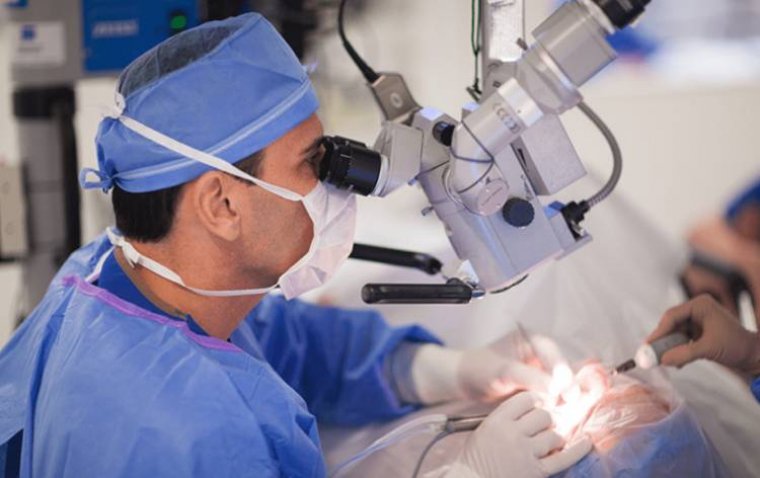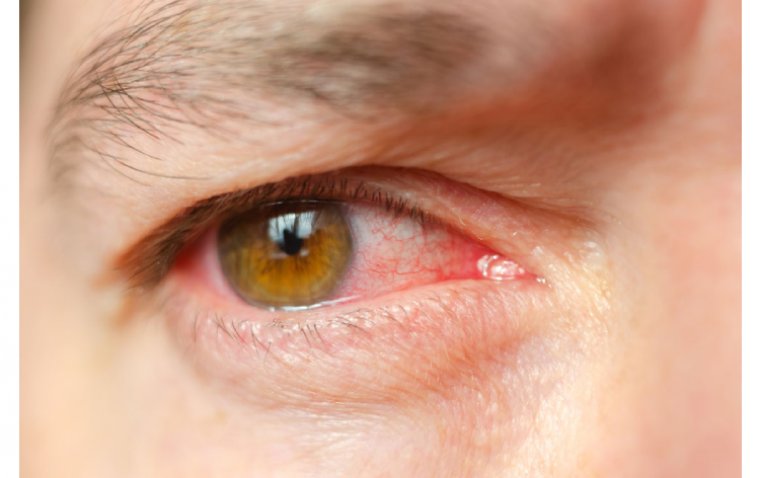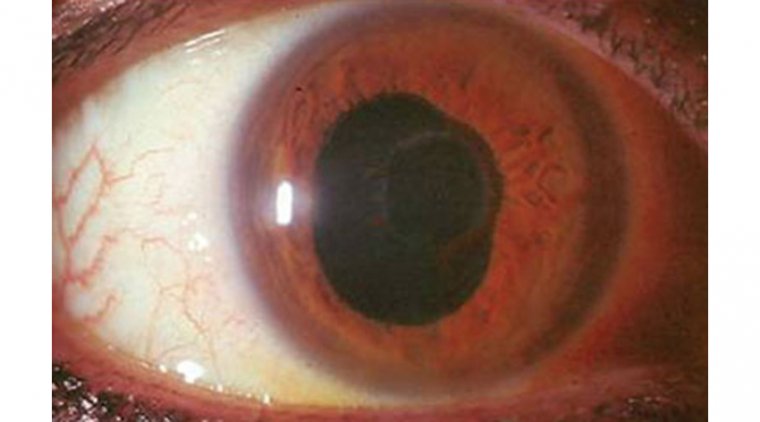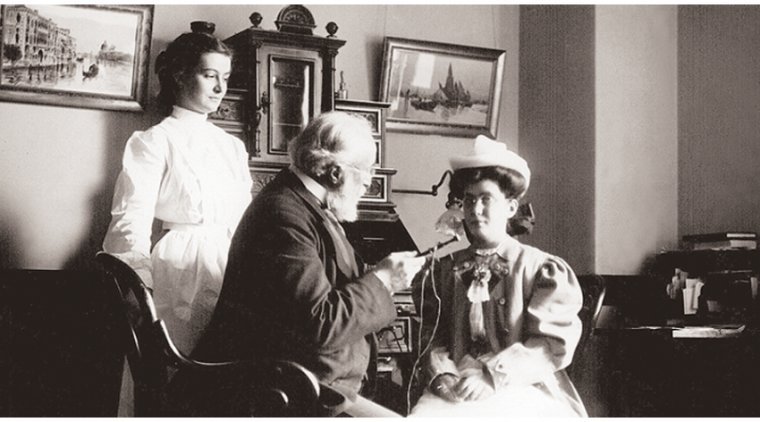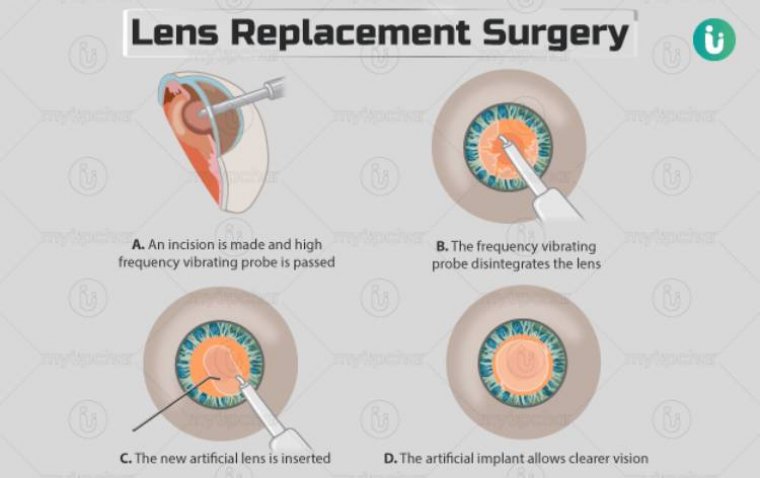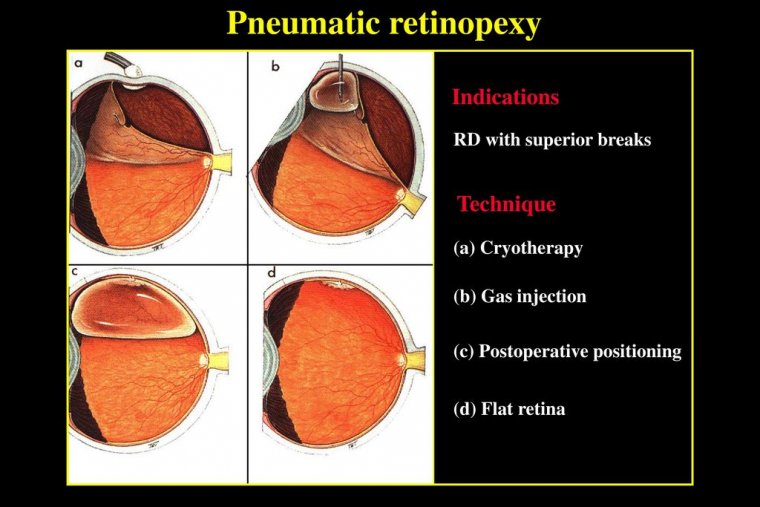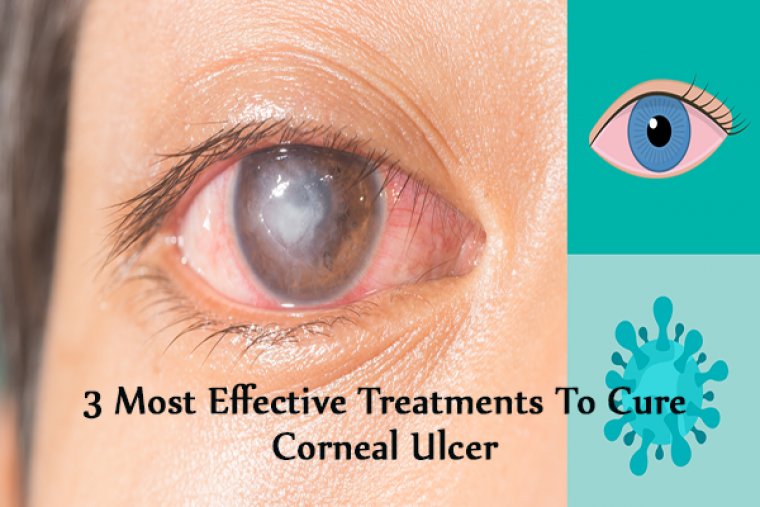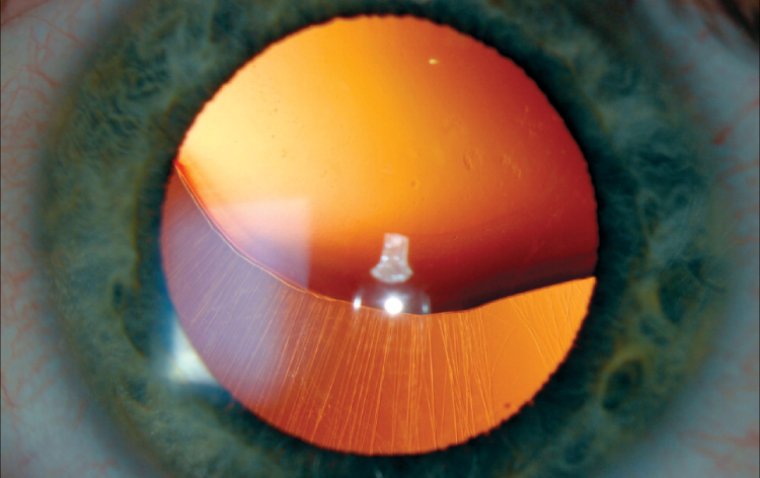
10 Signs That You May Need Glasses or a New Prescription
Vision is a critical aspect of our daily lives, enabling us to navigate our environment, engage in activities, and enjoy the beauty of the world around us. However, our eyesight can change over time, often gradually enough that we might not immediately notice the need for corrective lenses or an update in our prescription. Recognizing the signs that you may need glasses or a new prescription is essential for maintaining optimal vision health. Here are 10 signs to watch out for:
1. Blurred Vision
Blurred vision is often the first sign that prompts individuals to consider glasses. This can affect either distance vision (myopia or nearsightedness), close vision (hyperopia or farsightedness), or even both in some cases due to age-related changes (presbyopia). When the eyes cannot focus light directly on the retina due to a change in the eye's shape, vision becomes blurred. Glasses or contacts can correct this by adjusting the way light rays enter the eye.
2. Frequent Squinting
Squinting reduces the extraocular light entering the eye and temporarily improves focus by changing the shape of the eye slightly. However, relying on squinting to see clearly is not only a temporary fix but also can lead to headaches and eye strain. Corrective lenses help to focus the light directly on the retina, eliminating the need to squint.
3. Headaches
The link between vision problems and headaches is often due to the strain placed on the eyes when trying to focus without proper corrective lenses. This strain can lead to tension headaches, especially after prolonged periods of reading, screen time, or any activity that requires intense focus. Updating your prescription or getting glasses can alleviate this strain.
4. Eye Strain or Fatigue
Similar to headaches, eye strain and fatigue occur when your eyes are working harder than they should. This overexertion can lead to soreness, dryness, and an overall feeling of tired eyes, particularly after visual tasks. Proper vision correction can help your eyes to work more efficiently, reducing fatigue.
5. Difficulty with Night Vision
Difficulty seeing in low light conditions or at night can be particularly challenging n deven dangerous, especially when driving. This difficulty can be due to the pupil dilating to allow more light in, which can exaggerate existing vision problems. Glasses with an updated prescription can significantly improve night vision.
6. Double Vision
Double vision can be caused by a range of issues, from incorrect lens prescription to more serious conditions such as cataracts or even neurological issues. It's important to address this symptom promptly to rule out serious underlying causes and to correct vision problems.
7. Trouble Reading
Struggling to read fine print or experiencing discomfort during reading can indicate the need for reading glasses or bifocals, especially as part of normal age-related vision changes known as presbyopia. This condition affects your ability to focus on close objects, and corrective lenses can help.
8. Seeing Halos Around Lights
Halos around lights can make night driving difficult and are often indicative of astigmatism or other refractive errors. These halos are caused by light dispersing improperly in the eye, and corrective lenses can help to focus the light correctly.
9. Eye Rubbing
While often dismissed as a minor annoyance, frequent eye rubbing can be a sign of eye strain or fatigue from uncorrected vision problems. Consistently rubbing your eyes can also lead to other eye issues, such as keratoconus, a condition that affects the shape of the cornea.
10. Changes in Vision After an Incident
Sudden changes in vision following an incident, such as a head injury, can be a sign of a concussion or other serious conditions. Immediate medical attention is necessary to address these changes and to prevent long-term damage.
Proactive Steps
It's crucial not just to recognize these signs but also to take proactive steps by scheduling regular eye exams. Eye care professionals can detect subtle changes in your vision and overall eye health, often before you're aware of any issues. By addressing these signs early with the appropriate corrective lenses or treatments, you can maintain your vision health, ensure your safety, and improve your quality of life.
(1).jpg)
